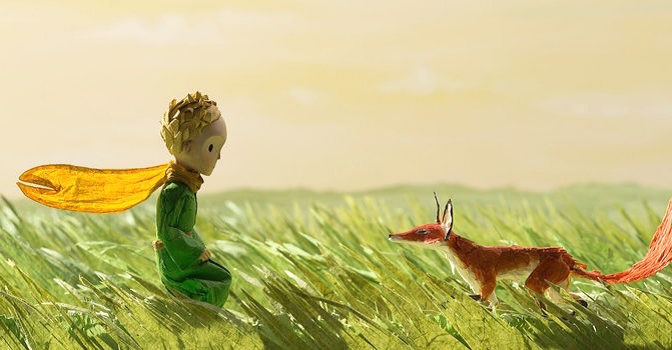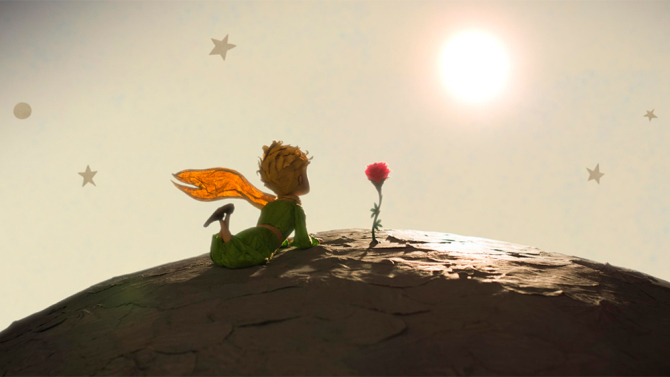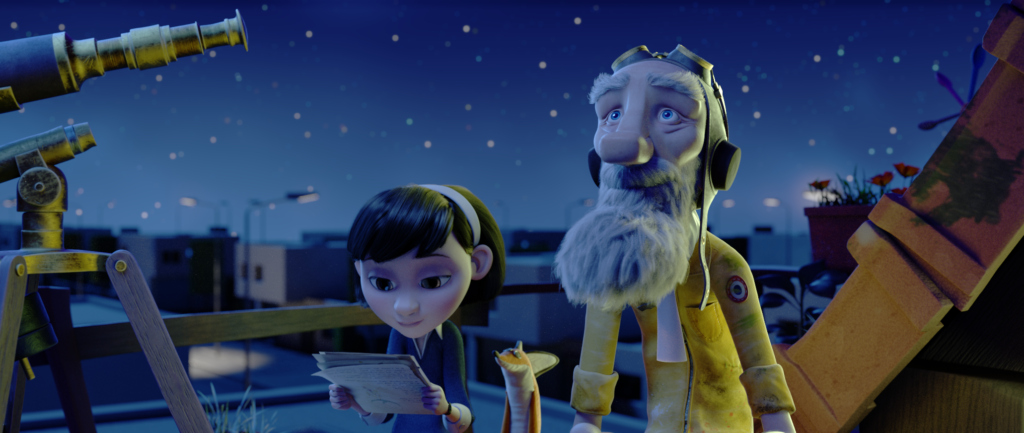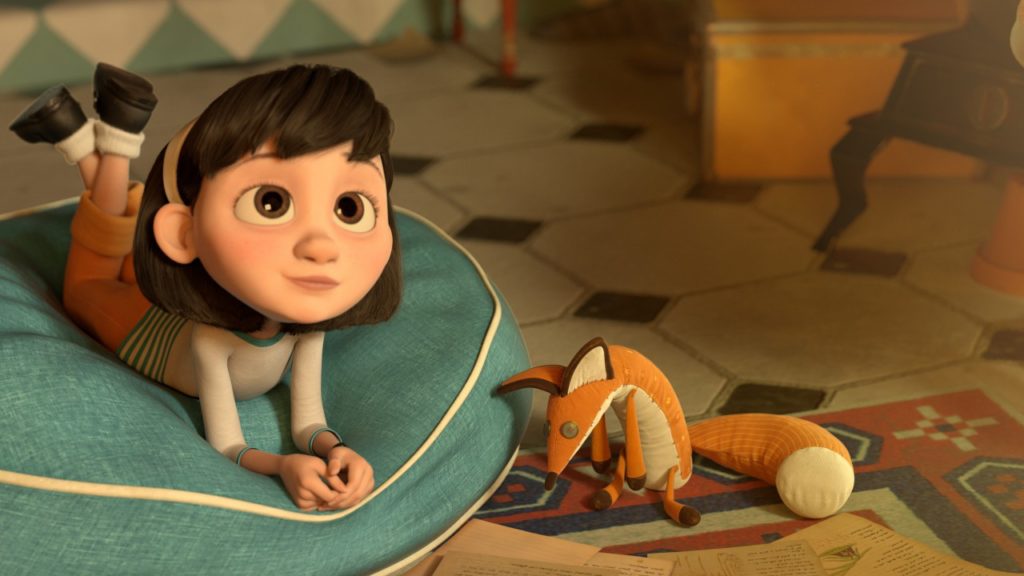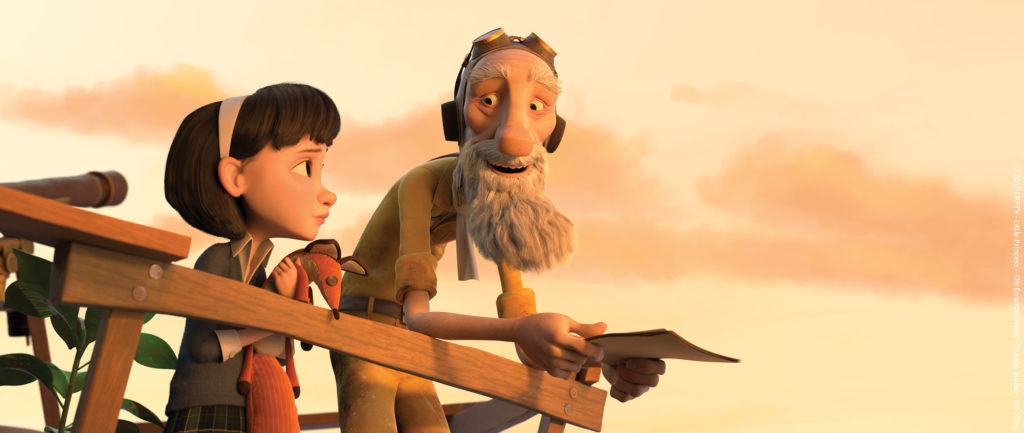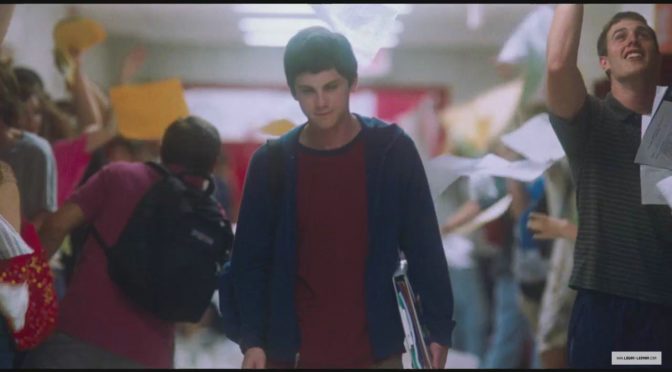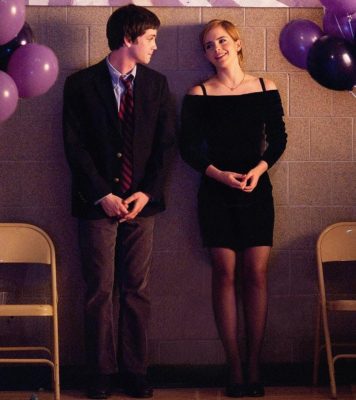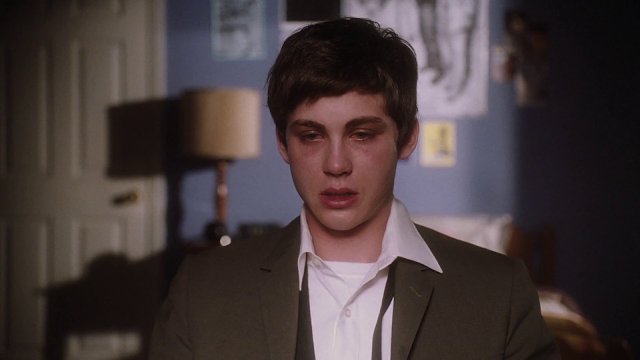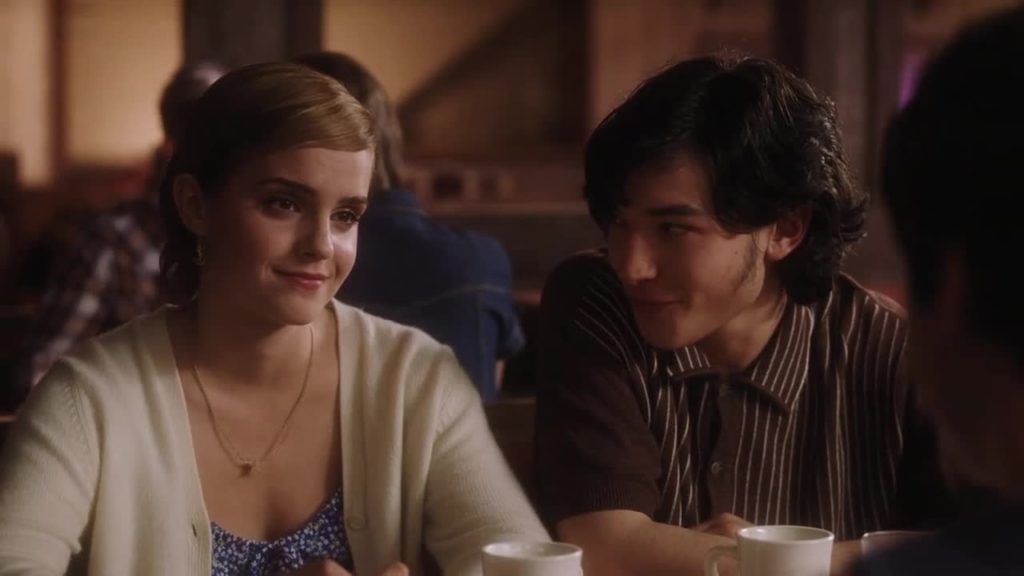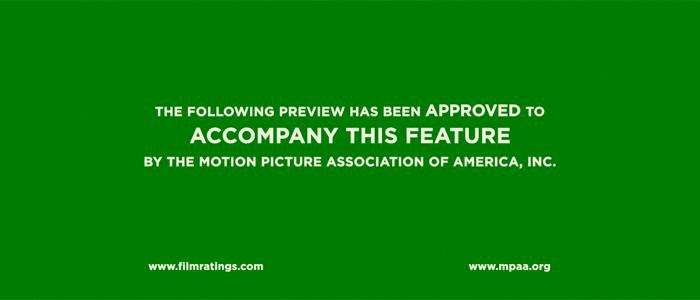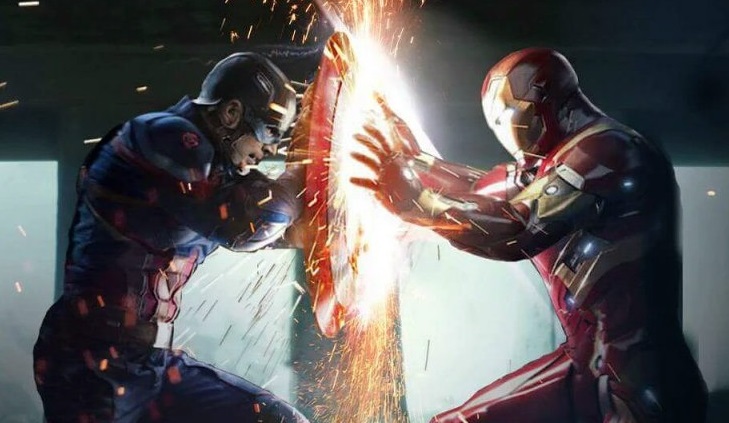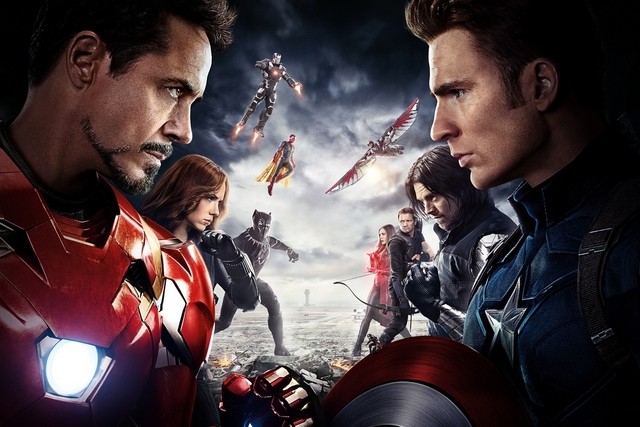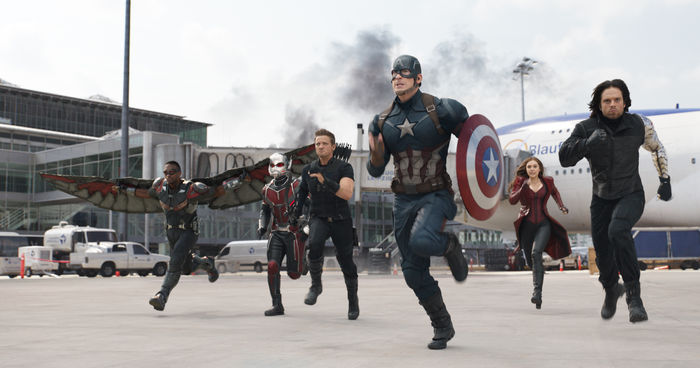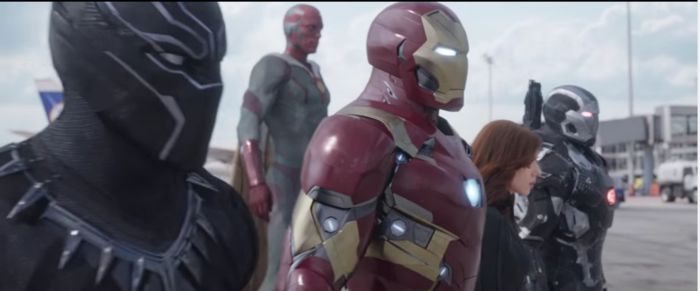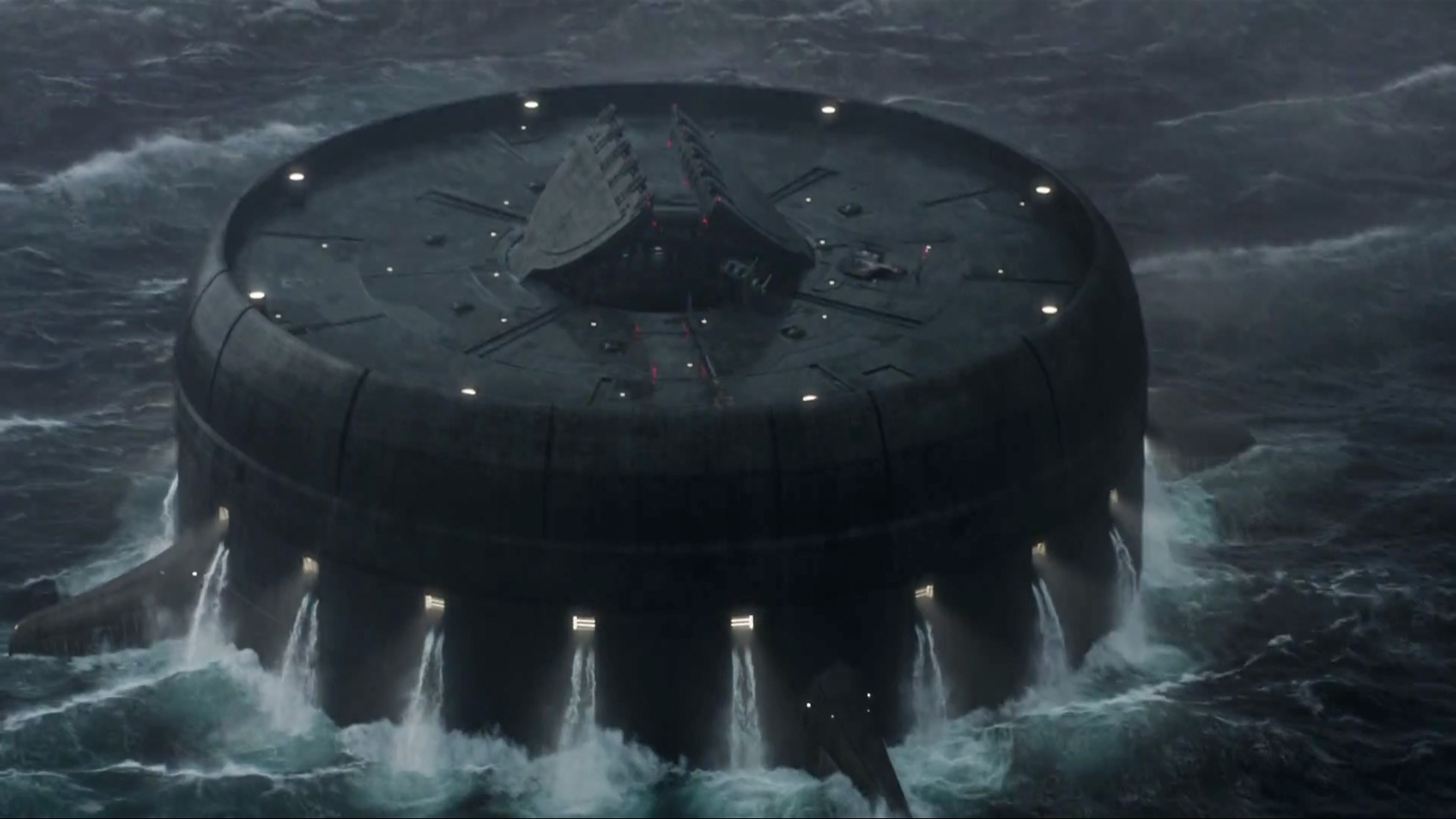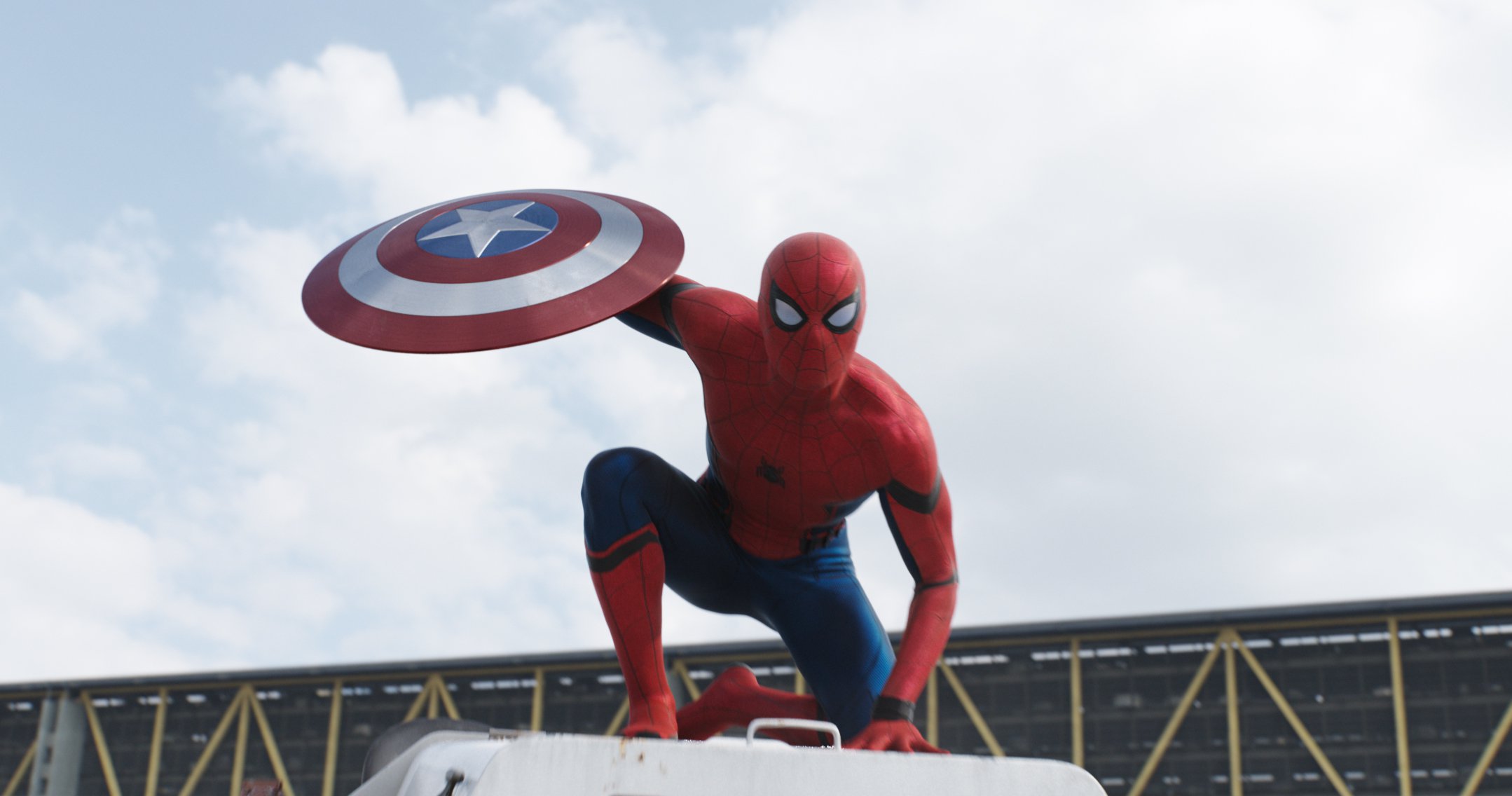I was excited a few months back when I saw the preview of The Little Prince. Netflix is bringing great art to the world of entertainment and I thought that it was a Netflix original feature, perhaps one of their next big ideas. Imagine being able to watch the latest that Hollywood (and independent filmmakers everywhere) have to offer in the comfort of your living room (or home cinema) on the same day as their release in the theaters. Actually, Sean Parker of Napster fame is working on this right now with a project called Screening Room.
I honestly think that if they could figure out a way to partner with distributors to bring new films to the small screen that they could charge any amount they wished for a subscription and people would pay it, and they would have their own distribution platform for their own productions. I know they would have me hooked. I would even consider it if the movies didn’t hit Netflix until a week after they hit theaters. Unfortunately, that was not what happened with The Little Prince.
Apparently, back in March around a week before the film’s US theatrical release Paramount decided not to release the film after all. The film originally appeared premiered out of competition at Cannes in 2015 and it has been released in theaters around the globe and has made almost $100 million. It was even awarded France’s Cesar Award for best animated film. The Director Mark Osborne (Kung Fu Panda) seemed melancholy yet hopeful when he tweeted about Paramount’s decision back in March.
Many thanks to everyone for the outpouring of love and support in these strange times. … As it turns out, the much anticipated U.S. release of this special and unique film will have to be anticipated just a little bit more. … All I can say is #thelittleprince will in fact be released by another distributor later this year. … Until then, head to Canada! The film opens there in wide release this weekend!
Then, about a week later, it was announced that Netflix had bought the rights to the film Pictures’ domestic rights to The Little Prince. This book of the same title, upon which the movie draws its inspiration, was published in 1943 by Antoine de Saint-Exupery. There have been several attempts to adapt it to the screen, but its brevity, childish whimsy, and intangible qualities have proven difficult for adaptation even for the likes of Orson Welles and Gene Wilder.
I believe that Mark Osborne was successful here because he didn’t try to adapt the book alone. He has given us a story surrounding the creation of and inspiration for this nearly mythical text. Something so dear to millions of people is unable to be adapted without controversy, so he kept the images and text from the original as close as he could and framed the story to emphasize the same messages that have been treasured for these past 73 years and gave it a form that will allow it to be emblazoned on the mind of countless generations to come.
I’m sure that no changes were made to the final release of the film, but going back and watching the original theatrical trailer from last year and the new one released by Netflix a few months ago (above) you can see the difference in tone. The first felt like a more traditional animated film with its frenetic pace and quick cuts. But the new trailer takes its time and lingers quietly on iconic images and phrases from the book. In the end, I’m just happy that this film has found an American audience. It is mesmerizingly beautiful and so emotionally poignant yet funny. It really is brilliant and the voice cast is amazing.
Think of the movie What Dreams May Come or The Fountain with their beautiful imagery and breathtaking visuals. The Little Prince has more in common with these films than your common animated fare like Secret Life of Pets or the latest Ice Age sequel. Animated films are generally associated with the comedy genre, especially when the main character is a child. However, even though this film has comedic elements, it is not a comedy. It is an amazingly deep and moving drama appropriate for all ages. Kids should see the importance of their childhood and hopefully some adults can remember what it is like to be a kid again.
Since I had next to no knowledge of the original story going into this film besides knowing that it is a beloved french children’s book, I have watched the movie again to soak it in and I have plans to read the book. However, I don’t think I will be able to read the book without hearing Jeff Bridges voice in my head. He functions here as the perfect narrator. I’m not sure how the 106 minute runtime can speed by as quickly as it seems to, because the film is not in a rush at all, even during the more action oriented 3rd act, it is still playfully artistic. It reminds me of a Roald Dahl or Dr. Seuss story.
Like one of those tales, the story happens on what might be called an exaggerated Earth where we walk a tightrope between reality and fantasy. In this world, our protagonist and by extension all children are forced by their parents to focus all of their attention on studying to be essential functional members of society. This leads to an almost mechanical life where children don’t play or make up their own fictional worlds with their toys. Essentially, everyone is grown-up. That is everyone except the Aviator who teaches us that, “Growing up is not the problem. Forgetting is.’
We see the original novel play out in deliciously beautiful stop-motion visuals. We aren’t given everything at once, instead we are told the story with our protagonist a little bit at a time. This framing device is animated in CG and hand drawing. Here we meet a young girl who is on a strict schedule in her studies, preparing for her first day at the prestigious and very seriously grown-up Werth Academy. This leaves her no room for free-time. However, after moving to a new house with her single business minded mother, she takes notice of her eccentric elderly neighbour who we learn to be the Aviator of the original novel. The two become secret friends as her mother insists that she won’t have time for friends until next summer. As they spend time together and she is freed to be a kid, the Aviator tells her the story and she begins to learn the timeless lessons of which we all need to be reminded.
For a film that will not even touch your cineplex’s screen, this film is packed with superior talent. Mackenzie Foy and Jeff Bridges have the largest parts, but Rachel McAdams, James Franco, Paul Rudd, Paul Giamatti, Marion Cotillard, Benicio del Toro, Albert Brooks, Bud Cort and Ricky Gervais fill out the supporting cast. Even though some of them are only given a handful of lines, they are all superb, and bring a sense that this film was a passion project for a lot of people, the director included. In fact, it is his son Riley Osborne that voices the titular Little Prince.
The Little Prince is currently sitting in very rare company on top of my best of the year list so far. I am recommending it to everyone I can. I mentioned it to someone who told me that they did not have Netflix and I responded by saying, “It is worth the cost of a year’s subscription to Netflix to see this film.” Please don’t ignore it because you have read the book or bypass it because you haven’t. It is a totally different story which uses the enchantment of the source material to tell a new story infused with the same vigor and determination to dream, love, live, and explore.
